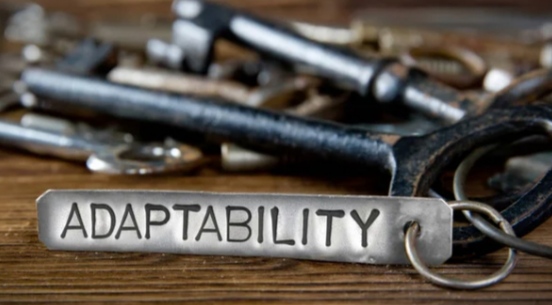
In today’s society, there is a common belief that being nice and accommodating to others is the best way to navigate social interactions. While being kind and considerate is important, there are times when saying no is actually the better choice.
Too often, people find themselves agreeing to things they don’t want to do out of a sense of obligation or fear of disappointing others. Therefore, this can lead to feelings of resentment, stress, and burnout. By saying yes to everything, you are essentially prioritizing the needs and desires of others over your own well-being.
Saying no is not about being selfish or uncaring. In fact, it is about setting boundaries and asserting yourself in a healthy way. By saying no, you are being honest with yourself and others about what you are able and willing to do. This can lead to more authentic and fulfilling relationships, as you are not pretending to be someone you are not.
Additionally, saying no can actually benefit the other person as well. By being honest about your limitations, you are giving them the opportunity to find alternative solutions or resources. It is important to remember that it is not your responsibility to always say yes and solve everyone else’s problems.
Of course, saying no can be difficult, especially if you are a people pleaser or worry about upsetting others. However, it is a skill that can be learned and practiced over time. Start by setting clear boundaries and being assertive in your communication. Remember that it is okay to prioritize your own needs and well-being.
Therefore, saying no is better than trying to be nice in certain situations. It allows you to be true to yourself, set boundaries, and prioritize your own well-being. By being honest and assertive in your communication, you can cultivate more authentic and fulfilling relationships with others. Saying no is not selfish, it is an act of self-care and self-respect.









